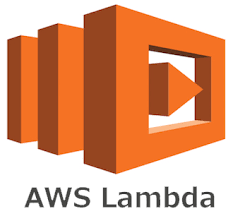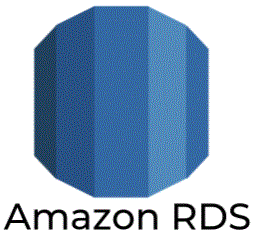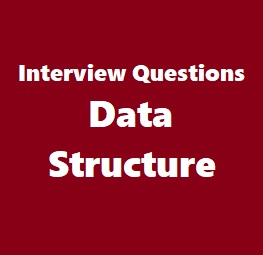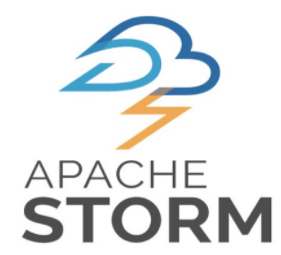113. How do I control which Amazon DynamoDB table or Amazon Kinesis stream an AWS Lambda function can poll?
Access controls are managed through the Lambda function’s role. The role you assign to your Lambda function also determines which resource(s) AWS Lambda can poll on its behalf.
114. What resources can I configure as a dead letter queue for a Lambda function?
You can configure an Amazon SQS queue or an Amazon SNS topic as your dead letter queue.
115. How do I control which Amazon SQS queue an AWS Lambda function can poll?
Access controls can be managed by the Lambda function’s role or a resource policy setting on the queue itself. If both policies are present, the more restrictive of the two permissions will be applied.
116. Is there any additional cost for using Code Signing for AWS Lambda?
There is no additional cost when using Code Signing for AWS Lambda. You pay the standard price for AWS Lambda.
117. Who should use Amazon EFS for Lambda?
Using EFS for Lambda is ideal for building machine learning applications or loading large reference files or models, processing or backing up large amounts of data, hosting web content, or developing internal build systems. Customers can also use EFS for Lambda to keep state between invocations within a stateful microservice architecture, in a StepFunctions workflow, or sharing files between serverless applications and instance or container-based applications.
118. Will my data be encrypted in transit?
Yes. Data encryption in transit uses industry standard Transport Layer Security (TLS) 1.2 to encrypt data sent between AWS Lambda functions and the Amazon EFS file systems.
119. Can I create my own custom Lambda extensions?
Yes, by using the AWS Lambda Runtime Extensions API.








